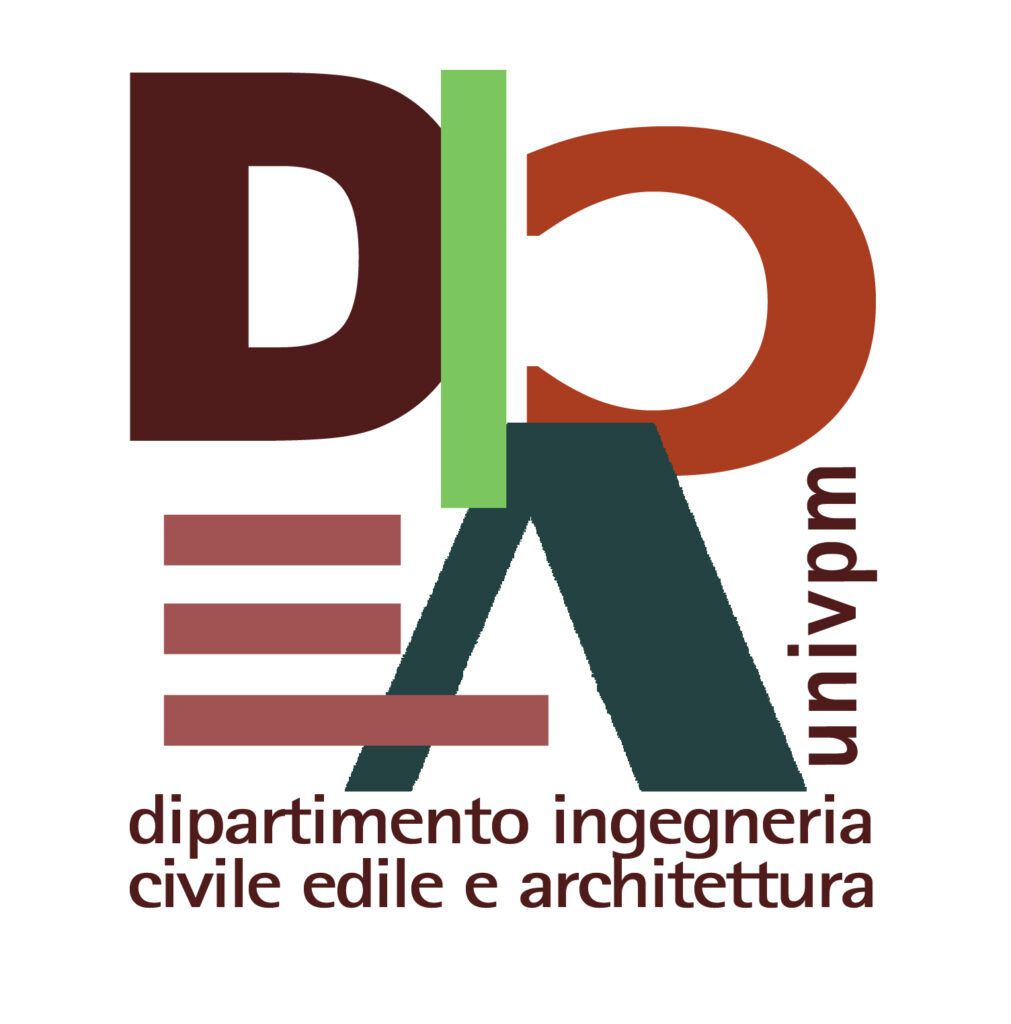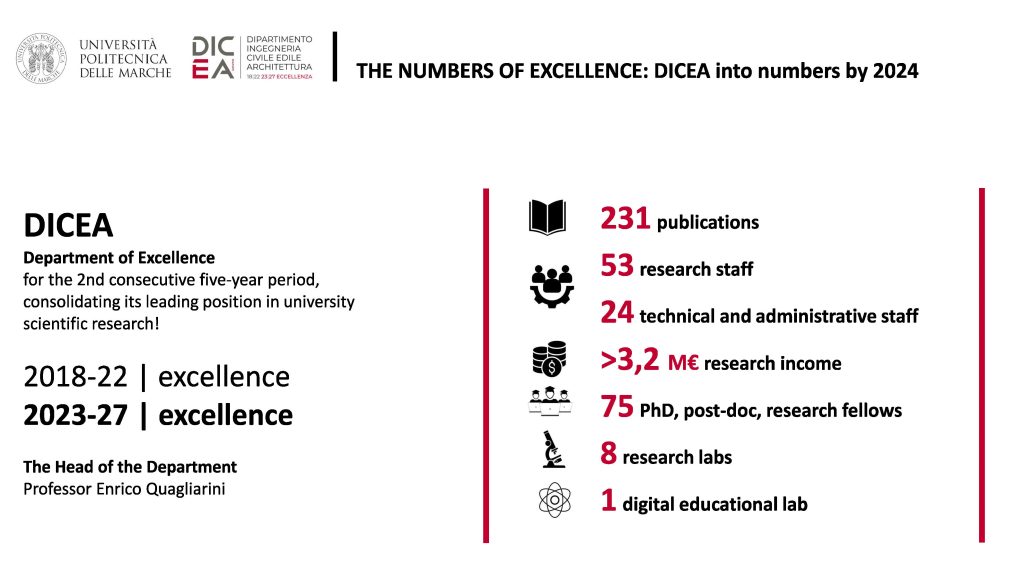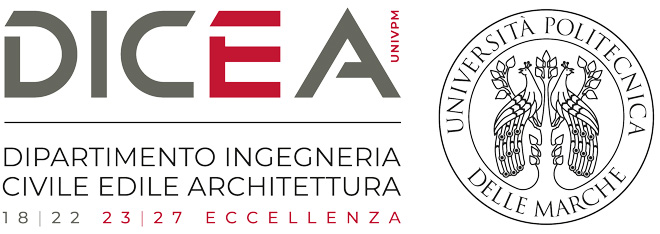
The DICEA department conducts research in the fields of Civil Engineering, Construction and Architecture, to contribute to the development and dissemination of knowledge useful to improve the safety and resilience of the territory, the productivity and sustainability of the construction sector and the preservation of cultural heritage.
There are four specialised sections operating in close synergy in the DICEA:
Two three-year degree courses, three five-year degree courses (magistral) , one single-cycle degree course (magistral) and a PhD course are affiliated to the DICEA. Its lecturers also teach in other degree programmes.
Consistent with the objectives of the Department of Excellence (DE) projects 2018-22 and 2023-27, the DICEA has accelerated the internationalisation process of its degree programmes: Environmental Engineering is entirely in English; Building Engineering-Architecture is bilingual and has European recognition; Civil Engineering became bilingual during the previous DE. In addition, the degree course in Civil and Environmental Engineering and the magistral degree course in Civil Engineering have obtained EUR-ACE accreditation.
DICEA participates in Engineering Sciences and in the national doctorates in “Heritage Science” and “Earth Observation” (La Sapienza) and in “Defence against natural risks and ecological transition of built environment” (UNICT).
Once again the DICEA is ranked 1st in the DE rankings, enhancing the previous funding obtained, and improves, in the VQR 2015-19, the results obtained in 2011-14 (Area 08a from 2nd to 1st place; Area 08b from 22nd to 7th). The research groups ICAR/04 and ICAR/10 are in first position in their SSD(1) (as in the two previous rounds). ICAR/08 and ICAR/09 rank high (6th out of 29; 7th out of 37), improving their performance compared to the previous VQR(2).
Numerous researchers of recognised international prestige belong to the DICEA, as evidenced by their visibility on international databases and their positioning compared to Italian colleagues in the same SSD (in terms of Scopus H-index). In this sense, out of the 18 Full Professors, 9 rank within the first quartile in their SSDs, 2 rank first overall in their SSD.
Numerous DICEA professors receive invitations as visiting scientists, coordinate national and international projects from competitive calls, boast intense editorial activity as well as scientific responsibility in international journals and conferences, carry out coordination activities in national and European technical and regulatory forums, and hold important positions in SSD scientific societies. The DICEA is also a member of international research and service centres and consortia and has active collaborations with prestigious universities, research institutes, companies and institutions.
Over the past five years, the DICEA has attracted resources totalling >€16m (including €6.5m from the previous DE). The ability to attract both international (2 EU H2020 projects, 2 EU Interreg projects, 1 EU Internal Security Fund project, 1 EU LIFE project, 3 EU Erasmus+ projects) and national high-level projects (including 5 PRIN projects) for a relative amount >€5.5m, and to attract research activities financed by institutions and companies (third parties), both in terms of number and total amount (on average 870k€/year in the last 5 years, with peaks of approx. 1 mln€ in 2020 and 2021), despite the pandemic.
1 SSD: Scientific Disciplinary Area
2 VQR: Research Quality Assessment

